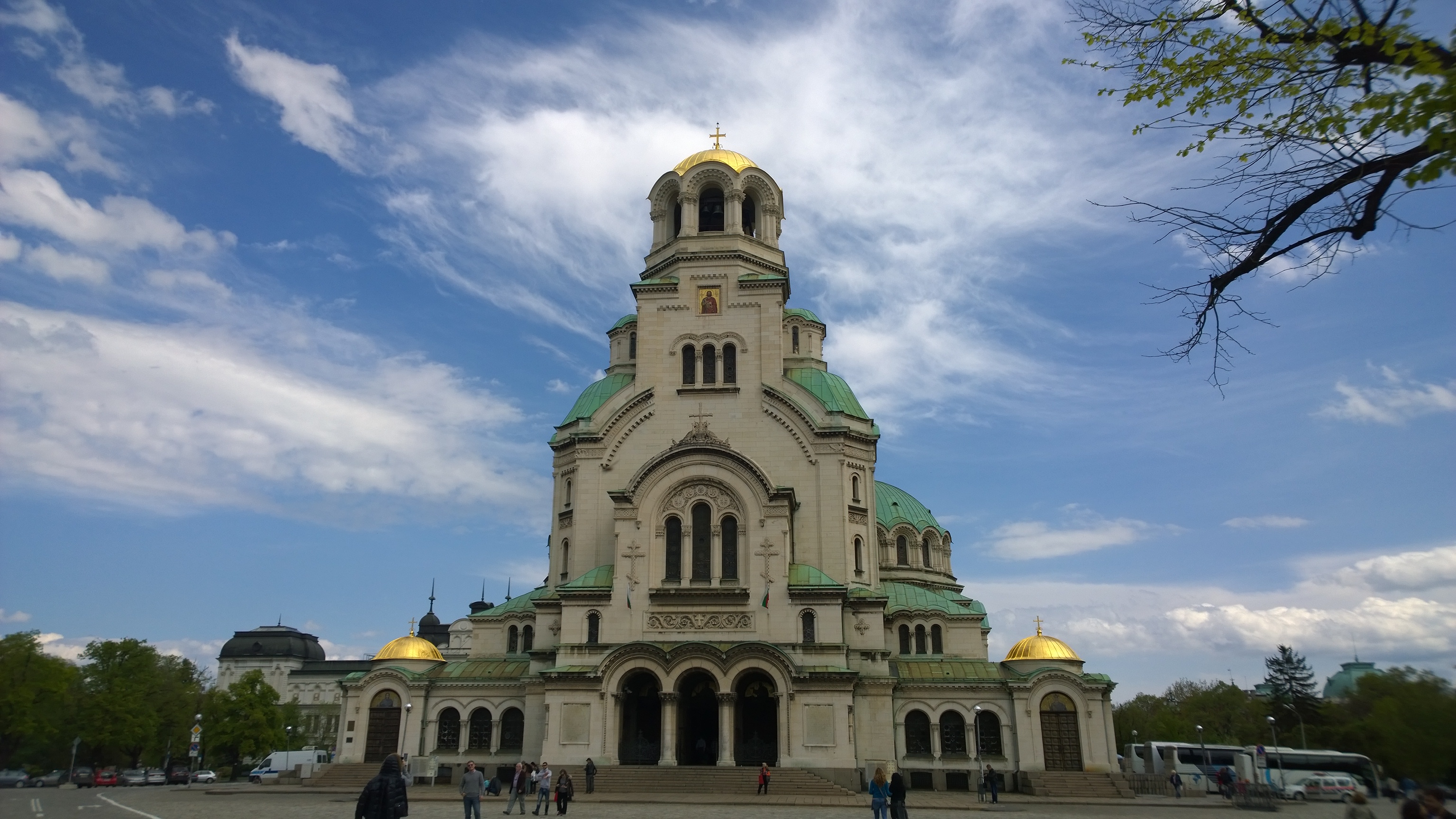
pts.
points
Bulgaria has fully implemented the provisions of the DSM directive into national law. The changes to the Copyright Act were promulgated on the 1st of December 2023. Most of the provisions are effective immediately, although the entry into force of the new provisions on transparency and accountability implementing art.19 of the Directive was deferred until 03.12.2024.
Procedure:
Bulgaria has organized a public consultation on the national implementation, through a questionnaire. Every organization who responded to the consultation has been invited to take part in a working group, formed by the government. The group has met on a weekly basis from March until June 2021. The draft of the implementation law has been shared with the working group members and opened for discussion within the group. There were also public discussions on the parliamentary stage during first reading of the proposals before the Culture and Media Committee.
Article 17:
The new rules for OCSSP are introduced in a new article of the Copyright Act. The text of the Directive is implemented almost verbatim. Yet, it contains more than a general requirement not to limit legitimate uses: it is clarified that the online content sharing service provider has no right to block or to remove such content. There are no additional concrete measures for establishing ex ante and ex post safeguards. In case of disputes “either party may refer the dispute to the competent court.” It is however not clear what the procedure for users to enforce their rights in court is.
Other:
Bulgaria introduced a new education exception based on Art 5. Of the DSM Directive, which is not subject to compensation nor to license availability. However, the new exception misinterprets the possibilities of the Directive, introducing a derogation from the exception - for musical notation, musical scores and works intended primarily for teaching - that never existed in Bulgaria. These materials are carved-out “if the user can obtain the necessary permission after making reasonable effort”.
There was no right over non-original visual works in Bulgarian copyright law. However, the legislator decided to play it safe and added an explicit clarification that reproductions of works of visual art for which copyright has expired were not subject to copyright protection.
The new neighbouring right on press publications was introduced in the Copyright Act via an almost verbatim implementation of Art.15. All the limits foreseen in the DSM Directive have been implemented: it is clarified that the new right doesn’t apply to scientific and academic publications, to the use of individual words and very short extracts nor to acts of hyperlinking, and to private or non-commercial uses by individual users; it is clarified that the right cannot be invoked against uses authorized by a non-exclusive license nor against the use of public domain works; and the right is subject to the exceptions and limitations to copyright laid out in the national law. Furthermore it is clarified that the right does not apply to the use of the facts contained in the press publication nor to websites such as blogs.
Bonus:
Bulgaria used this legislative initiative to conduct a wider reform that strengthened user rights:
- Adding new (parody, incidental inclusion) and broadening pre-existing (informatory; teaching; library) exceptions.
- Introducing a general clause proclaiming the mandatory nature of all exceptions (unless the law states otherwise).
- Synchronizing exceptions to copyright and to neighbouring rights. Synchronizing TPM regimes.
- New zero embargo Secondary Publishing Right

The amendments to the Bulgarian Copyright Act were promulgated on the 1st of December 2023. Despite the delays in the implementation, which was only approved after an infringement proceeding initiated by the Commission, the Bulgarian government organized a faultless implementation process, when it comes to allowing civil society organizations to provide meaningful contributions to the discussions.
While the implementation of the new education exception does not fully comply with the Directive, it is commendable that the national lawmaker used the momentum to revise their Copyright Act and introduce new user rights in various areas of access to knowledge and culture.
The implementation of Article 17 largely restates the text of the Directive. As such it does not narrow down the definition of platforms affected by these rules, does not contain any specific ex-ante safeguards for users rights or additional transparency provisions.
Local partners: our local partner has been Digital Republic.
For more information please see our implementation tracking page for Bulgaria.
License information
This site is hosted by Communia, the International Association On the Digital Public Domain. We release all our documents, reports, infographics and researches under the Creative Commons Public Domain Dedication (CC0). Unless otherwise stated, images are released under CC0 as well. Please feel free to download and reuse.
Credits
The font used in this project is under the SIL Open Font License, and it's provided by Creative Sauce Design. The photos used in this website to better illustrate each EU Member State were downloaded form Flickr and therein stored under CC-BY or CC-BY-NC licenses.
